Five Plants That Can Help You Sleep Better
Amazing plant features, such as their calming effects, can aid in getting a good night's restful sleep. Tea brewed from these plants has scents that ease stress and anxiety.
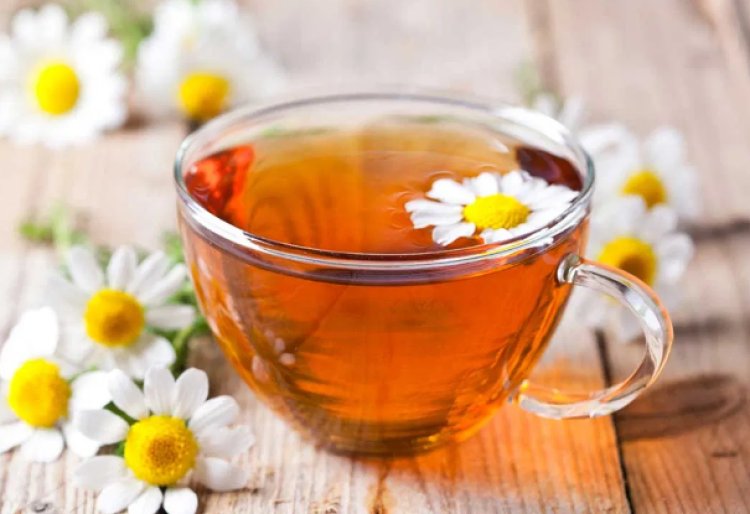
Chamomile
Chamomile plant stems with white blossoms and yellow centers are frequently added to gardens and lawns due to their attractive look. Traditional chamomile herbal treatments date back to ancient Egypt, Greece, and Rome and to date they are still used for their medical benefits.
Chamomile has been used for many years to help people fall asleep due to the presence of flavonoids. You can keep a chamomile plant next to your lavender or just use some chamomile drops on your pillow or apply them to the temples before you turn in. Chamomile blossoms can also be used to make tea when boiled in water. The tea has a calming effect and promotes restful sleep when consumed before bed.
Growing chamomile
The ideal conditions for chamomile growth include cool temperatures, shade, and dry soil. It is a low maintenance plant that requires minimal watering and fertilization and can even grow in partial sunlight.
Peppermint
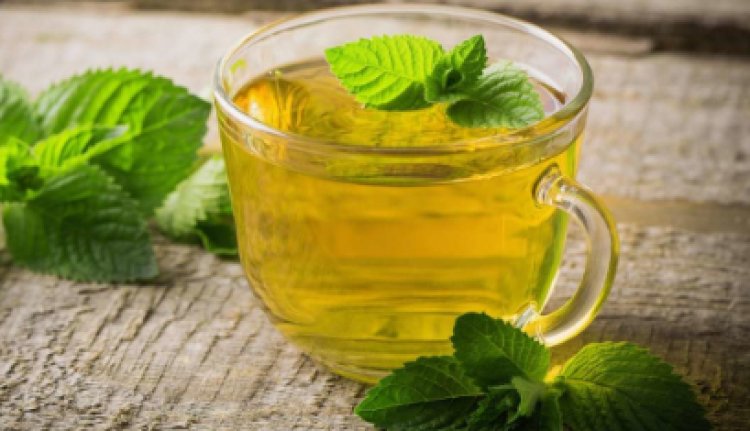
Peppermint tea is used to enhance the quality of sleep and enhance relaxation before bed time. The herb's menthol component, which boosts blood flow and gives a cooling sensation, is responsible for this benefit. You can use peppermint oil topically to relieve headache, muscle pain, and nerve discomfort. In addition to its calming effects, peppermint can also energize the body to combat daytime fatigue.
Growing Peppermint
Peppermint plants provide any garden with minty smell from its very aromatic leaves. Grow peppermint seeds indoors eight to ten weeks before the growing season. You can later plant them outside in garden beds or containers after they have germinated indoors.
Lavender
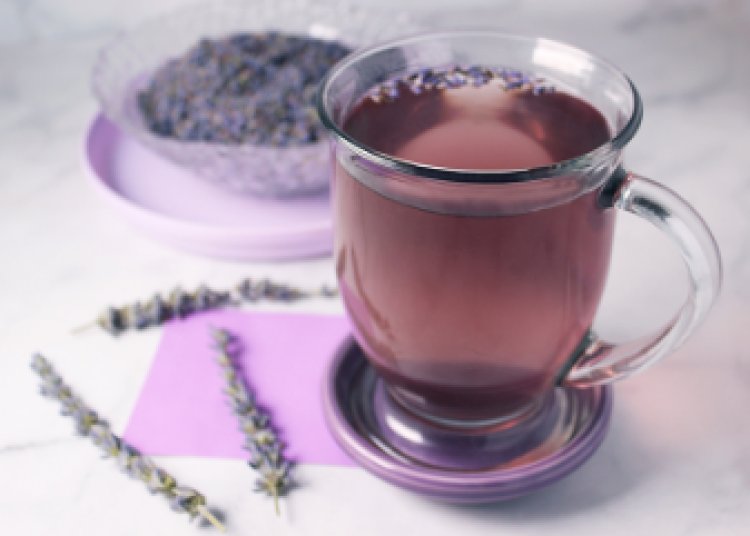
Lavender is our favorite when it comes to promoting sleep and lowering anxiety levels. Lavender has been shown in studies to lower blood pressure, reduce tension, and slow heart rate. That explains why it is a regular component in bath salts and lotions meant to relieve stress. The plant's floral perfume can be used as an essential oil or inhaled directly from the stem to promote sleep.
Growing lavender
For healthy growth, lavender needs enough of sunlight and clean air. Choose a location close to a window that receives a lot of sunshine in your house. Additionally, leave them open for a few hours each day so the plant can get fresh air. To prevent waterlogging, let the plant dry out completely before watering.
Sage
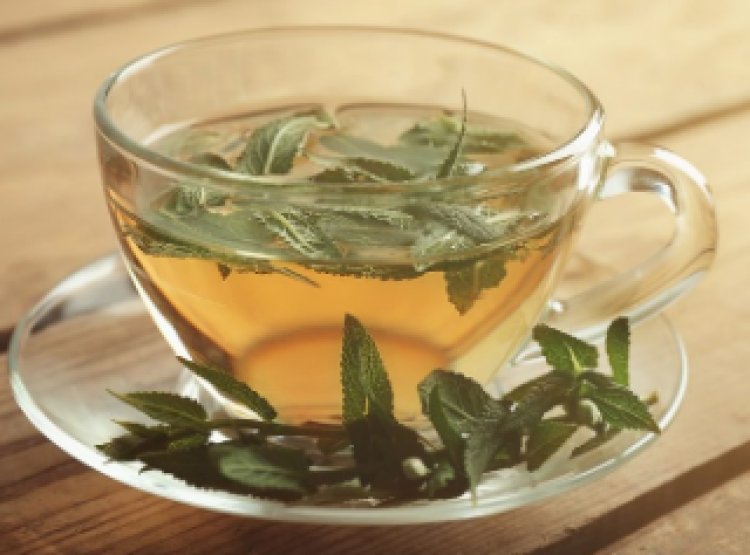
Sage has been used for many generations for both its flavor and its therapeutic qualities. It is green leaves are normally used in foods, teas, and essential oils. Sage protects skin illnesses, cognitive diseases, inflammatory issues, digestive problems, and other problems while promoting the body's general health. It is also a natural sedative that will hasten your falling asleep.
Growing Sage
You can always have fresh sage on hand by growing it at home. If you intend to plant sage indoors, consider setting the pot near a window that gets plenty of sunlight, the plant need 6 to 8 hours of sunlight each day to thrive. Water it only when absolutely essential if the top soil layer of the plant is still moist.
Lemon Balm
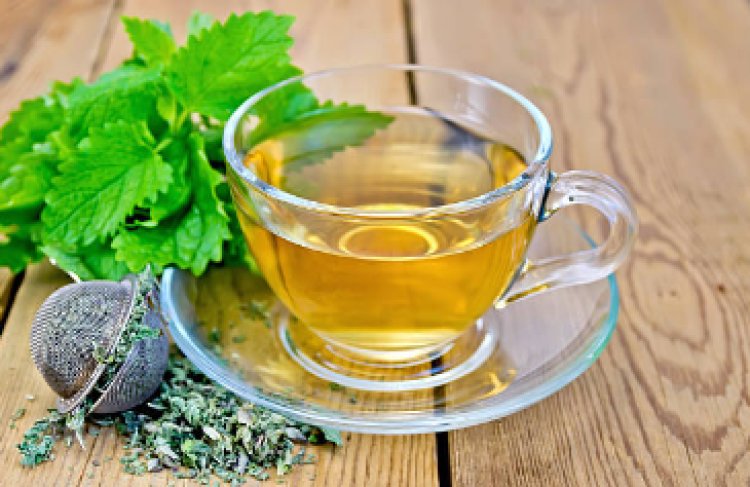
A member of the mint family, lemon balm is used both as a culinary ingredient and as a natural remedy. It tastes like lemon and mint. It has been used as a natural painkiller, sedative, and anxiety reliever since the Middle Ages and contains compounds that appear to have these effects.
Eugenol, a crucial component, is what gives lemon balm its capacity as a sleep aid. This naturally occurring oily material is well known for helping people sleep better. Therefore, herbalists advise drinking lemon balm tea to calm an anxious stomach and encourage sound sleep.
Growing lemon balm
Choose a well-draining tray or container and place it in a lovely sunny location with at least five hours of sunlight each day. Keep in mind to water the plant well without overwatering it.


























